Agricultural irrigation equipment remains at the forefront of modern farming practices, contributing significantly to crop yield optimization and sustainable water management. As the world’s population burgeons, farmers are turning to innovative and efficient irrigation solutions to meet the growing food demands. From traditional sprinkler systems to cutting-edge precision technology, this article explores the evolving landscape of agricultural irrigation equipment and its impact on farm productivity. 1. Increasing Water Efficiency: Efficient water management is crucial in addressing one of the planet’s most pressing challenges: water scarcity. Agricultural irrigation equipment plays a pivotal role in minimizing water wastage and optimizing usage.
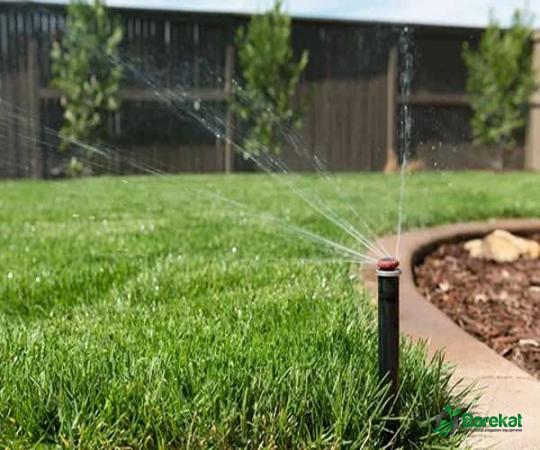
.
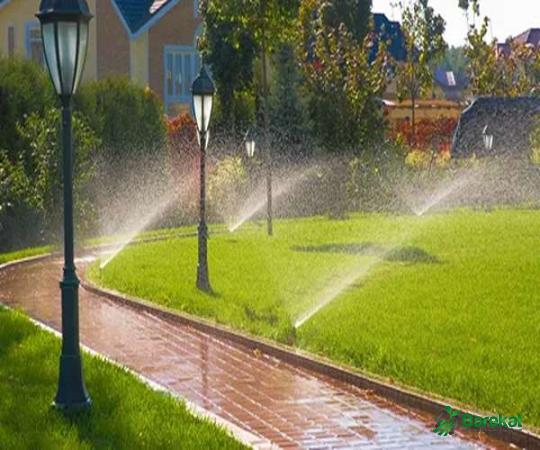 Smart irrigation systems, equipped with sensors and software, can monitor soil moisture levels, weather patterns, and crop water requirements, allowing farmers to provide precise and tailored irrigation schedules. This technology ensures that water is delivered precisely where and when it is needed, ultimately reducing water consumption and conserving natural resources. 2. Adapting to Diverse Terrain and Crops: Agricultural landscapes vary greatly, demanding adaptable irrigation equipment capable of satisfying the different needs of crops grown on diverse terrains. For instance, center pivot irrigation systems have gained popularity due to their ability to irrigate large areas with minimal intervention. These systems utilize mobile, overhead sprinklers mounted on rotating towers, effectively distributing water across the fields while allowing mechanization and maximizing crop coverage. On the other hand, drip irrigation systems are efficiently designed for crops requiring specific water quantities, such as vineyards or orchards.
Smart irrigation systems, equipped with sensors and software, can monitor soil moisture levels, weather patterns, and crop water requirements, allowing farmers to provide precise and tailored irrigation schedules. This technology ensures that water is delivered precisely where and when it is needed, ultimately reducing water consumption and conserving natural resources. 2. Adapting to Diverse Terrain and Crops: Agricultural landscapes vary greatly, demanding adaptable irrigation equipment capable of satisfying the different needs of crops grown on diverse terrains. For instance, center pivot irrigation systems have gained popularity due to their ability to irrigate large areas with minimal intervention. These systems utilize mobile, overhead sprinklers mounted on rotating towers, effectively distributing water across the fields while allowing mechanization and maximizing crop coverage. On the other hand, drip irrigation systems are efficiently designed for crops requiring specific water quantities, such as vineyards or orchards.
..
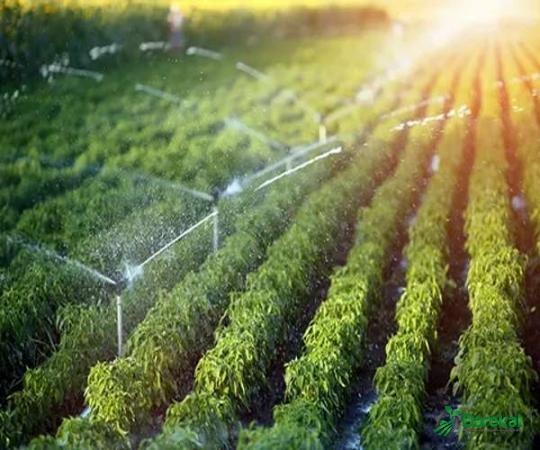 By providing water directly to the plant’s root zone, drip irrigation ensures minimal water evaporation and less weed growth, thereby promoting healthier plants and higher yields. 3. Investing in Precision Agriculture: The advent of precision agriculture has transformed farming practices, and irrigation equipment is no exception. Combining data analytics, remote sensing, and GPS technology, precision agriculture optimizes irrigation practices by precisely targeting resources to specific areas of the field. Variable rate irrigation systems enable farmers to adjust water application rates based on crop variability, soil conditions, and topography. This technology helps reduce water and energy consumption while ensuring optimal plant growth. 4. Organic Farming and Water Quality Management: Irrigating organic crops poses unique challenges, stemming from the mandatory use of natural and eco-friendly inputs. In response, modern irrigation equipment offers solutions to align with organic farming practices. Micro-irrigation systems, including micro-sprinklers and micro-sprayers, deliver water efficiently to organic crops, ensuring proper hydration while adhering to organic certification standards.
By providing water directly to the plant’s root zone, drip irrigation ensures minimal water evaporation and less weed growth, thereby promoting healthier plants and higher yields. 3. Investing in Precision Agriculture: The advent of precision agriculture has transformed farming practices, and irrigation equipment is no exception. Combining data analytics, remote sensing, and GPS technology, precision agriculture optimizes irrigation practices by precisely targeting resources to specific areas of the field. Variable rate irrigation systems enable farmers to adjust water application rates based on crop variability, soil conditions, and topography. This technology helps reduce water and energy consumption while ensuring optimal plant growth. 4. Organic Farming and Water Quality Management: Irrigating organic crops poses unique challenges, stemming from the mandatory use of natural and eco-friendly inputs. In response, modern irrigation equipment offers solutions to align with organic farming practices. Micro-irrigation systems, including micro-sprinklers and micro-sprayers, deliver water efficiently to organic crops, ensuring proper hydration while adhering to organic certification standards.
…
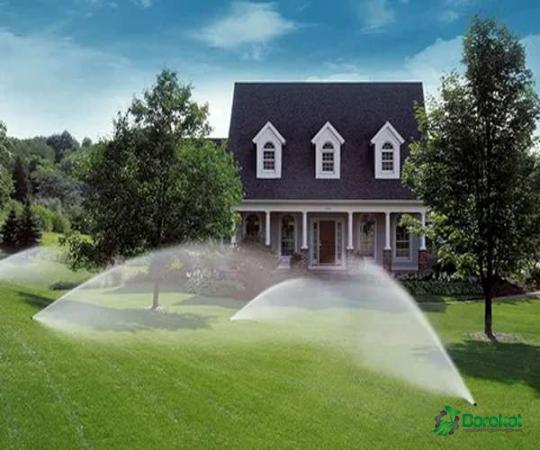 Water quality management is also a crucial consideration for sustainable farming. Advanced filtration systems equipped with screens and filters help remove impurities, sediment, and contaminants, safeguarding the crops’ health and minimizing water pollution. Conclusion: Agricultural irrigation equipment has evolved considerably, offering farmers increased efficiency, reduced water consumption, and improved crop yields. The integration of smart technology, adaptability, and precision agriculture techniques has revolutionized modern farming practices. By selecting and implementing the right irrigation equipment, farmers worldwide can meet the growing food demand while preserving our valuable water resources and promoting sustainable agriculture.
Water quality management is also a crucial consideration for sustainable farming. Advanced filtration systems equipped with screens and filters help remove impurities, sediment, and contaminants, safeguarding the crops’ health and minimizing water pollution. Conclusion: Agricultural irrigation equipment has evolved considerably, offering farmers increased efficiency, reduced water consumption, and improved crop yields. The integration of smart technology, adaptability, and precision agriculture techniques has revolutionized modern farming practices. By selecting and implementing the right irrigation equipment, farmers worldwide can meet the growing food demand while preserving our valuable water resources and promoting sustainable agriculture.

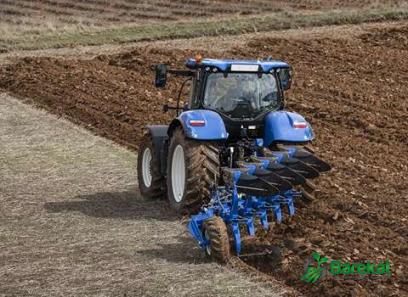

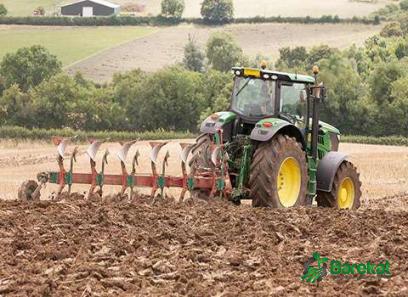
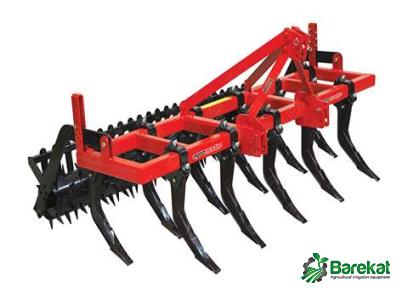


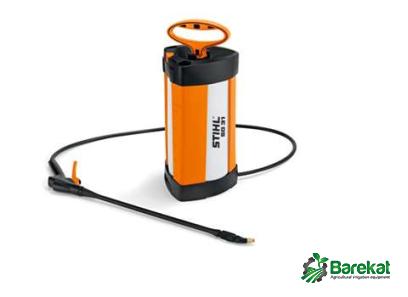
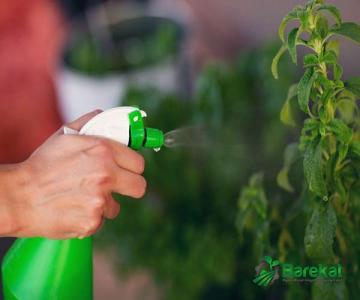
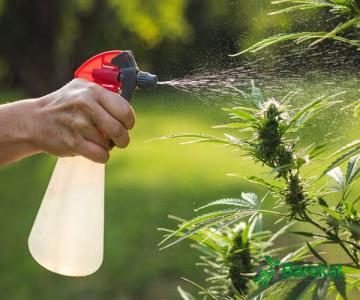
Your comment submitted.